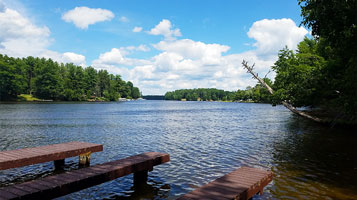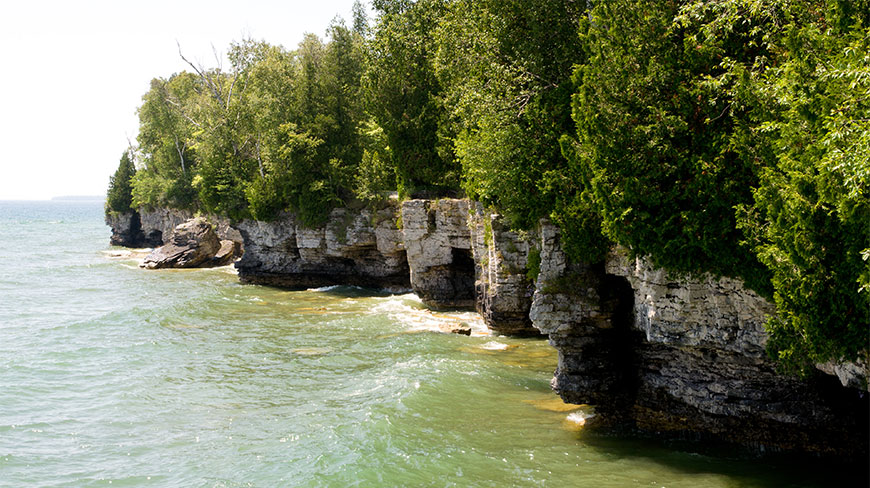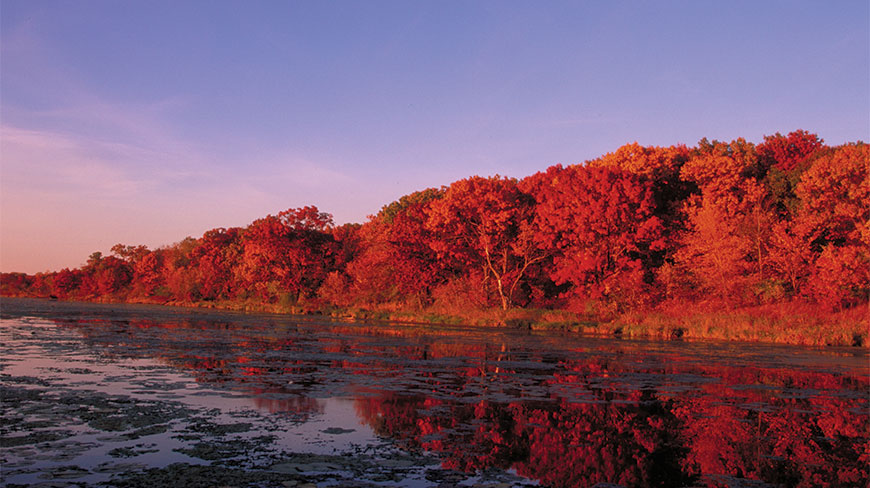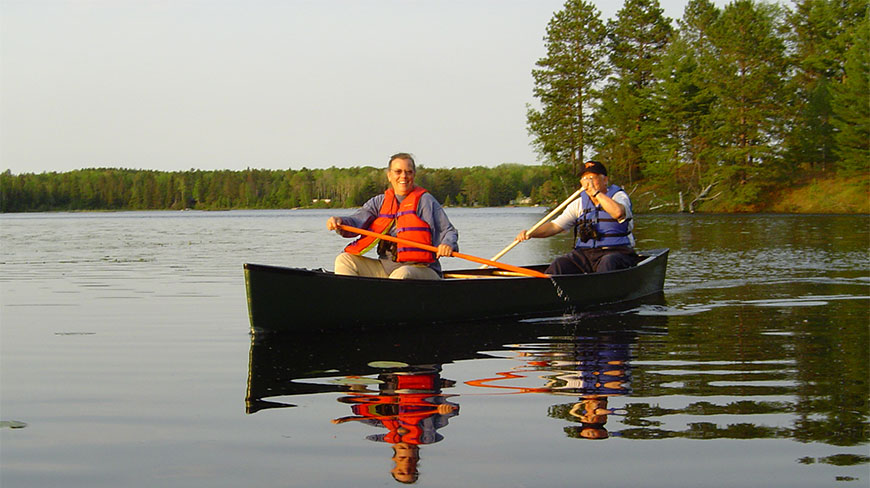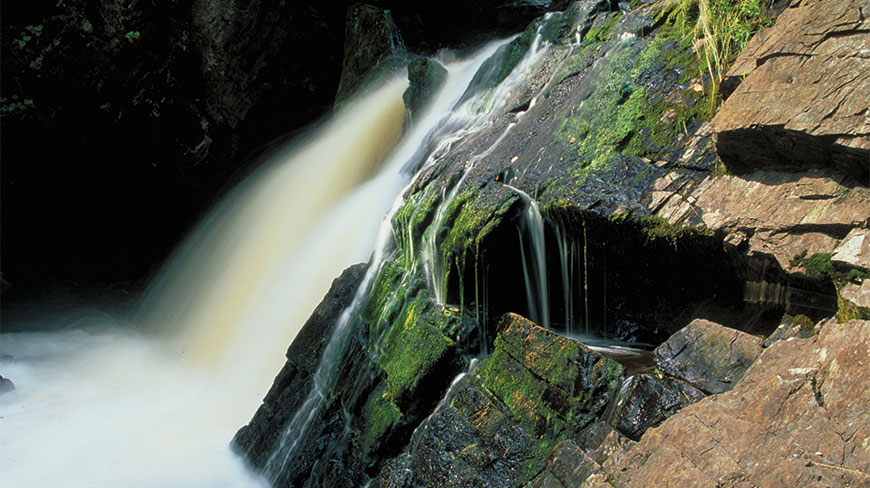Create An Account
Creating an account allows you to enroll in a program, reference your upcoming itinerary, and more.
Create an AccountGems of the Northwoods: Hike & Canoe Michigan & Wisconsin
After you enroll, we’ll ask you to provide or update your personal information and preferences, which includes your health information, lodging and meal preferences for your program.
United States citizens don’t need a visa for any of the countries you’ll be visiting. Non-U.S. citizens should refer to their country's requirements to ensure they have the necessary documentation for travel.
Arrival day is on Sunday, September 28, 2025.
Meet the group at Lodge at Trees For Tomorrow in Eagle River, WI
Start of Trip: 3:00-4:30 p.m. lodge check-in & Program Registration; 4:45 p.m. Social, 5:30 p.m. Welcome Dinner followed by Orientation.
Your trip ends on: Saturday, October 4, 2025 in Eagle River, WI at Lodge at Trees For Tomorrow
End of Trip: 9:00 a.m. check-out after breakfast.
Rhinelander
The estimated travel time to the check-in location is 45 minutes .
The estimated distance to the check-in location is 30 miles .
John Barnes
Taxi
Phone: 8479224774
Cost: Please call transfer service directly for rates. Prices subject to change.
*Advanced reservations are required.
Rhinelander–Oneida County Airport (RHI)
The estimated travel time to the check-in location is 45 minutes .
The estimated distance to the check-in location is 30 miles .
Gerri Smit-Hollat
Taxi
Phone: 4144291035
Cost: Please call transfer service directly for rates. Prices subject to change.
*Advanced reservations are required.
Rhinelander–Oneida County Airport (RHI)
The estimated travel time to the check-in location is 45 minutes .
The estimated distance to the check-in location is 30 miles .
Airport Car Rental
Car Rentals
Phone: 7153653430
Cost: Please call transfer service directly for rates. Prices subject to change.
*Advanced reservations are required.
Please contact the airport car rental well in advance (at least 2 weeks) to make sure they can meet your needs.
Rhinelander
The estimated travel time from the last location is 45 minutes .
The estimated distance to the last location is 30 miles .
John Barnes
Taxi
Phone: 8479224774
Cost: Please call transfer service directly for rates. Prices subject to change.
*Advanced reservations are required.
Rhinelander–Oneida County Airport (RHI)
The estimated travel time from the last location is 45 minutes .
The estimated distance to the last location is 30 miles .
Gerri Smit-Hollat
Taxi
Phone: 4144291035
Cost: Please call transfer service directly for rates. Prices subject to change.
*Advanced reservations are required.
Arrival day is on 9/28/2025.
Meet the group at Lodge at Trees For Tomorrow in Eagle River, WI.
Start of Trip: 3:00-4:30 p.m. lodge check-in & Program Registration; 4:45 p.m. Social, 5:30 p.m. Welcome Dinner followed by Orientation.
Your trip ends on: Saturday, October 4, 2025 in Eagle River, WI at Lodge at Trees For Tomorrow.
End of Trip: 9:00 a.m. check-out after breakfast..
Overnight parking area available.
From the West
Take Hwy 70 East to Eagle River. Once in Eagle River, find N. 3rd St. or Silver Lake Rd. and head North to Sheridan Street. Trees For Tomorrow is located at 519 E. Sheridan St.
From the South
Take Hwy 45 North to Eagle River. Once in Eagle River, find N. 3rd St. or Silver Lake Rd. and head North to Sheridan Street. Trees For Tomorrow is located at 519 E. Sheridan St.
From The North
Take Hwy 45 South to Eagle River. Once in Eagle River, find N. 3rd St. or Silver Lake Rd. and head North to Sheridan Street. Trees For Tomorrow is located at 519 E. Sheridan St.
From the East
Take Hwy 70 West to Eagle River. Once in Eagle River, find N. 3rd St or Silver Lake Rd. and head North to Sheridan Street. Trees For Tomorrow is located at 519 E. Sheridan St.

